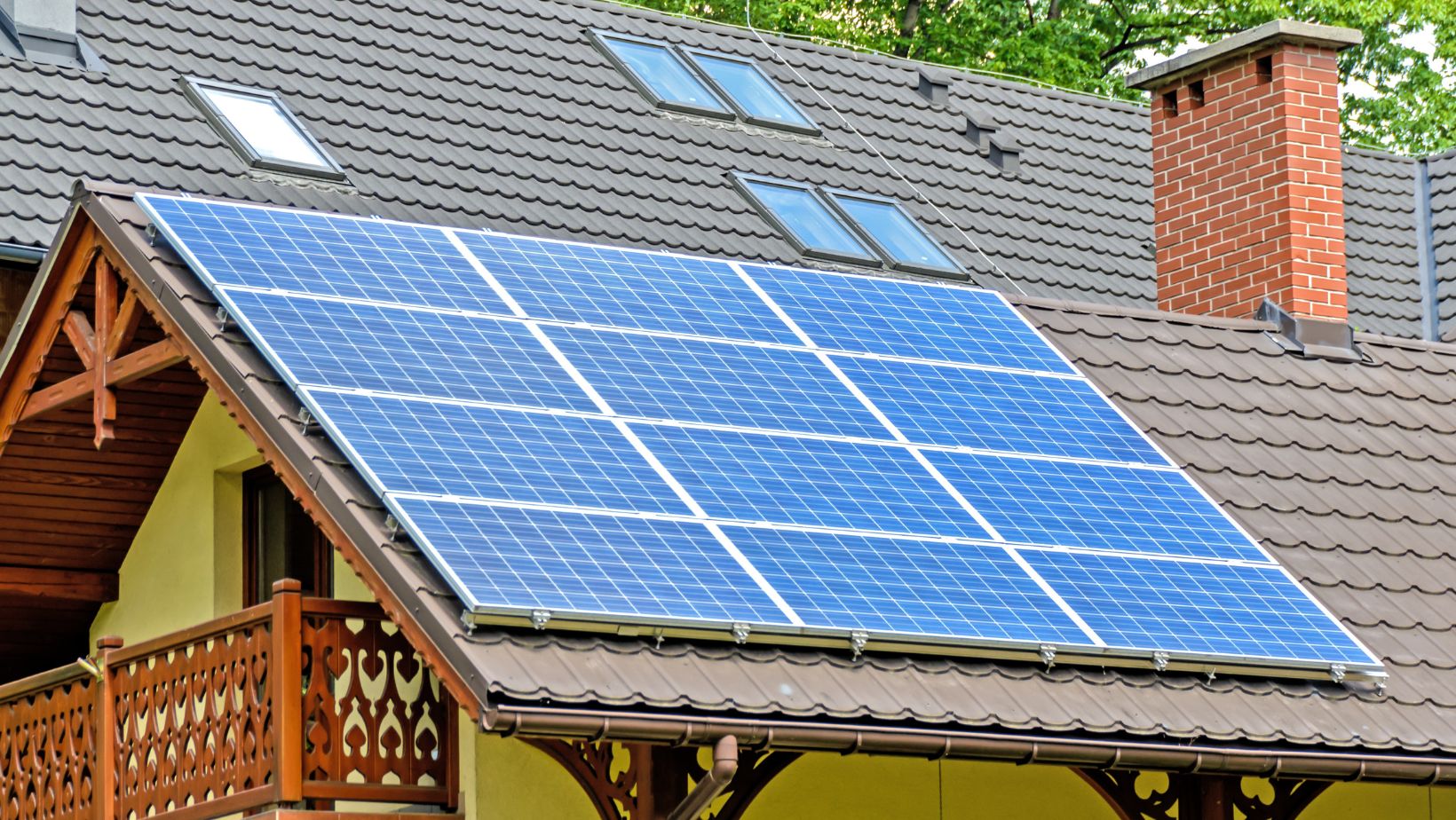
When deciding to transition to solar energy, homeowners often face a choice between large national companies and smaller, local solar installers. While big-name providers may promise flashy deals or broad experience, it’s the local installers who often provide a more personalized and precise approach. The communities they serve are not just locations on a map—they are neighborhoods they live in, streets they drive on, and utility systems they work with on a daily basis. We will explore why local solar installers are often better suited to meet your specific energy needs and how their localized knowledge can lead to a smoother, more efficient transition to solar.
Why Local Knowledge Matters in Solar Installations
1. Tailored Understanding of Regional Weather Patterns and Sunlight Exposure
Local solar installers in Danville are well-versed in the unique climate dynamics of your specific region. In areas like Danville, California, for example, solar professionals are well-acquainted with the area’s abundant sunshine, seasonal changes, and microclimates that may affect panel positioning. This insight enables them to strategically position and angle your solar panels for optimal energy capture throughout the year. While a large company might rely on generic data or software-generated models, local teams often incorporate hands-on assessments and real-time weather knowledge into their planning.
They may know that a particular hill casts a shadow at a certain hour or that fog rolls in earlier in one neighborhood than another. These seemingly minor details can have a significant impact on long-term energy output and cost savings. In contrast, a one-size-fits-all approach can result in underperformance and frustration. By understanding the local weather patterns and sun exposure, local installers can fine-tune your system to align with the natural energy potential of your property.
2. Familiarity with Local Building Codes and Permitting Processes
Every municipality has its own set of rules and permitting requirements for solar installations. A local solar installer works within these regulations every day and understands the nuances of compliance that can make or break a project timeline. In Danville and surrounding communities, this may include specific guidelines regarding roof load capacity, neighborhood aesthetics, or historical preservation, particularly if the property is located in a designated historic area. Local installers typically have established relationships with city permitting offices, inspectors, and planning departments, which enables them to navigate the process efficiently. They often know which forms to file first, how long approvals typically take, and how to address any red flags before they become delays.
A national company might submit generic paperwork or overlook minor but important local standards, resulting in setbacks that frustrate homeowners and prolong project completion. By working with someone who knows the local landscape, you reduce the chances of administrative hiccups and enjoy a faster, smoother installation process.
3. Knowledge of Utility Company Requirements and Grid Compatibility
Connecting a new solar energy system to the grid requires direct collaboration with the local utility company. These utilities have specific interconnection requirements, and failure to meet them can delay your project or lead to unexpected costs. Local installers routinely work with these utilities and are familiar with their systems, preferences, and protocols. They understand the process of applying for net metering, submitting the correct documentation, and installing compatible equipment.
In some cases, they may even know the utility representatives personally, making communication more efficient and effective. A local installer knows exactly what’s expected and how to design your system to fit within those requirements. Rather than troubleshooting issues after installation, local professionals build the solution with utility expectations in mind from day one.
4. Personalized Service and Continued Support Post-Installation
When you work with a local installer, you’re not just another number in a nationwide database. You’re a neighbor. That means the relationship doesn’t end the moment your panels are activated. Local solar professionals are more likely to offer ongoing support, including regular maintenance, performance checks, and prompt response to service calls. Because they’re based nearby, they can visit your property quickly and offer on-site solutions if something goes wrong. Larger companies often route service requests through call centers or subcontract maintenance, which can lead to longer wait times and inconsistent service quality.
Additionally, local installers tend to take more pride in their community reputation. Every job they complete enhances their presence in the local market, and word-of-mouth referrals are crucial. That motivation often translates into extra care, clearer communication, and a genuine commitment to your satisfaction, not just at the start of the project, but for years to come.
Choosing solar energy is a significant decision that affects your home, finances, and future. While large national companies may offer broad capabilities, they often lack the local touch that makes solar installation truly seamless and effective. Local solar installers bring a wealth of regional knowledge, from understanding local weather patterns and city regulations to coordinating with local utilities and providing ongoing support. More importantly, they are invested in your community and take the time to align their services with your unique needs. By choosing a local installer, you’re not just getting solar panels—you’re getting a team that genuinely understands your energy goals and is committed to helping you achieve them.







